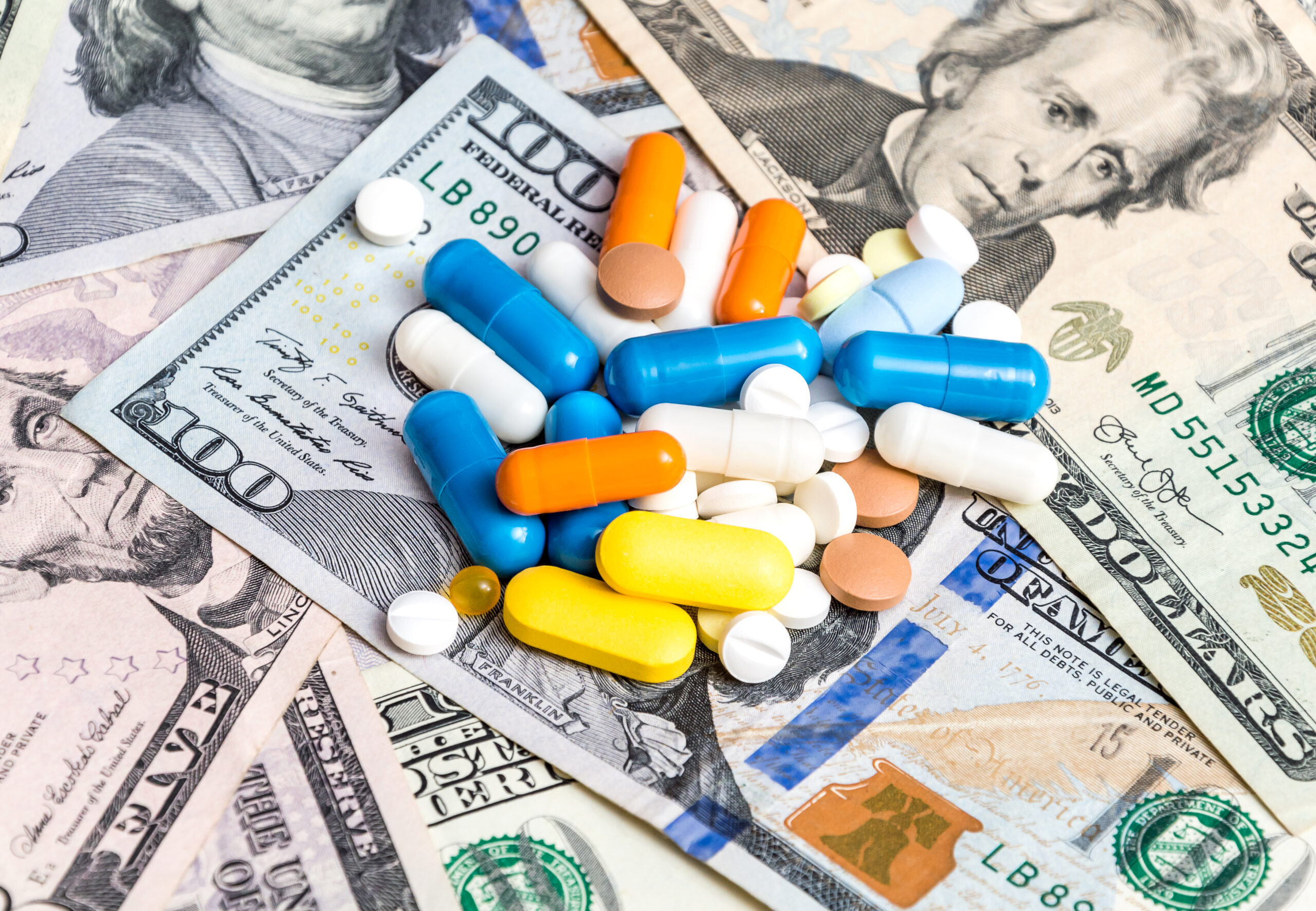© 2024 CSRXP- All Rights Reserved

DOSE OF REALITY: FORBES: MAKING IT HARDER TO CHALLENGE BIG PHARMA’S PATENT THICKETS WOULD RAISE DRUG PRICES, UNDERMINE TRUE INNOVATION
Jun 5, 2024
Research Article Explores Negative Implications of Proposal to Restrict Key Mechanism for Challenging Egregious Abuse of the Patent System
Avik Roy, president of The Foundation for Research on Equal Opportunity (FREOPP), is out with a new column in Forbes which examines a recent piece of legislation – “The Promoting and Respecting Economically Vital American Innovation Leadership Act” – also known as The PREVAIL Act. Roy outlines how The PREVAIL Act would make it more difficult to hold brand name drug manufacturers accountable by “preventing people from challenging weak or invalid patents.”
Roy sums up the importance of holding brand name drug makers accountable for their gaming of the patent system with an apt metaphor: “Just as pruning a rose bush helps it grow, clearing out weak patents improves the quality and legitimacy of the truly innovative ones.”
Here are some key takeaways from Avik Roy’s latest column.
Outsized Cost of Patent Abuse on Biologic Drugs
Roy begins his column by highlighting the outsized impact of Big Pharma’s patent abuse on biologic drugs. According to research from IQVIA and FREOPP, while biologic drugs make up less than one percent of all U.S. prescriptions, they account for “roughly half of all U.S. drug spending.” This is important because there are many more aspects of a biologic drug that brand name manufacturers can tweak. As Roy writes, “each of those subtle tweaks, if patented, leads to a new, 20-year monopoly for the drug manufacturer. By law, every patent—no matter how much or how little innovation it contains—gets the same 20-year exclusivity rights.”
The Role of The Patent Trial and Appeal Board (PTAB)
The column examines a key mechanism that true innovators in the U.S. can use to challenge Big Pharma’s faulty patents and patent thickets. In 2011, Congress passed The America Invents Act, which established a new agency called the Patent Trial and Appeal Board (PTAB). The PTAB gives individuals the ability to challenge patents by petitioning the PTAB. If the challenge is deemed valid, the PTAB will begin examining the challenged patent.
While this mechanism is key to ensuring companies, particularly in the pharmaceutical industry, don’t use weak or invalid patents to block competition, the creation of the PTAB has been highly litigated, causing its impact to be limited. According to Roy, “Of the roughly 3.8 million active patents in the United States, as of September 2023 the PTAB opposition procedure has fully invalidated 1,037 and partially invalidated 3,170, or 0.11 percent of active patents.”
How The PREVAIL Act Would Further Enable Big Pharma’s Patent Abuse
The PREVAIL Act would significantly curb the positive impact of the PTAB by limiting the number of actors who are able to petition the PTAB to challenge patents. The PREVAIL Act would require “PTAB challengers to ‘have been sued or threatened with a patent infringement lawsuit before filing a PTAB challenge.’” This means that only companies who are creating a competitor product that may potentially infringe on an existing companies’ patents would be able to challenge those patents – and those challenges would come much later in the patents’ lifecycle. This means brand name drug companies would have longer to charge higher prices, and even increase prices, while facing no competition.
A Case Study in Why This Matters: AbbVie’s Humira
The impact of Big Pharma’s patent abuse, and a clear reason to support more enforcement around Big Pharma’s weak and frivolous patents through the PTAB, not less, can be seen in the example of Humira, AbbVie’s blockbuster rheumatoid arthritis drug.
As Roy highlights in his column, Humira’s “core composition of matter patent expired in 2016,” however, “thanks to AbbVie’s thicket of over 100 weak patents that remained on the books…it took until 2023 for biosimilars to launch in America.” During this time without competition, AbbVie “took advantage of the 5-year delay to further raise prices on Humira in the U.S. In those five years, “the company netted about $80 billion in Humira revenue in the U.S.”
Congress should advance bipartisan, market-based solutions that hold Big Pharma accountable and crack down on the pharmaceutical industry’s egregious abuse of the patent system, which costs patients and the U.S. health care system billions of dollars.
###
Read the full column from Forbes HERE.
Read another Roy column in Forbes on how Big Pharma’s product hopping stifles innovation HERE.
Read more on how Big Pharma’s patent abuse tactics drive increased costs for consumers and the U.S. health care system HERE.
Learn more about market-based solutions to hold Big Pharma accountable and lower drug prices HERE.
